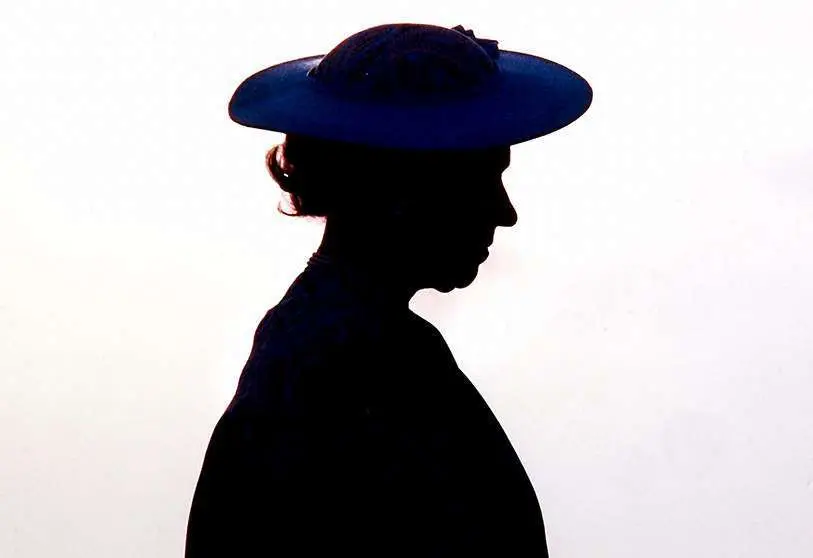The Queen of England

Few figures in history have been able to represent an institution for 70 years and to perform the functions and duties inherent to such a task as Queen Elizabeth II has done. The British monarchy has remained for the memory of several generations identified in the person of a young woman crowned as Queen at the age of 25, and who has been so uninterruptedly until the age of 96, without losing at any time until her death the formal and institutional sense of being the sovereign of a country and the symbol of a model of state, the Parliamentary Monarchy.
Elizabeth II has been the Queen of a democratic nation that in seven decades has not lost at any time the orientation and the foundations on which its system of liberties and its rule of law are based. This is the most important achievement of her reign. To have preserved the democratic order and to have contributed, from such an important and symbolic institution for the vast majority of British people, to political and institutional stability within their country and in the projection of those values in the European, Atlantic and global environments.
The challenge for his successor will be to continue, from the monarchical institutional tradition, in the advancement and strengthening of liberal democracy inside and outside the United Kingdom. There has been no other way for the English monarchy since Parliament stood up to absolutism in 1648. And there has been no other way for constitutional monarchies since the liberal revolutions ended privilege by considering equality before the law and individual liberties, the fundamental pillars of any political system, regardless of which institution represented popular sovereignty: a presidency, an assembly or a monarch.
Among the attributes of Queen Elizabeth's personality should be considered her sense of balance and distance. Her persevering majesty. Her thoughtful and natural elegance. Among the successes of her reign was her ability, with the impeccable fulfillment of her responsibilities, to manage the slow transition of her country from the status of a great power in the first half of the 20th century to that of an influential middle power with its own economic and strategic capacity, allied with the main democratic powers, with the United States at the forefront. If Queen Victoria was the exponent of the all-powerful British Empire, Queen Elizabeth has been the symbol of the resilience of the English people to resist the onslaught that history had reserved for them, in the shadow of the atomic superpowers.
The political shadows of her reign lie, however, in the very rubble that the dismembered empire left spread during the violent process of decolonization. The partial, and sometimes scarce political civilization that Britain transferred in different colonial territories, had tragic consequences in Africa, the Middle East, India or Pakistan. Tribal, religious and cultural wars, as well as the greedy management of natural resources, were the common denominator of post-colonial revolutions and processes of independence and territorial reconfiguration. The Commonwealth cannot even be considered as a palliative formula for the excesses experienced in some former colonies. Queen Elizabeth II was not responsible for the harmful effects of colonialism, and her work contributed to restoring stability and healing wounds. But that legacy of unresolved imbalances caused by European empires has remained in history for several decades of her reign.
Victory in World War II and the Cold War put the United Kingdom in the right place in history. That of progress, the fight against totalitarianism and the defense of human rights. Elizabeth II has been the Queen of a country that has contributed to the advancement of democratic values and institutions at the international level. The United Nations, NATO, the European project that the British joined in 1973, are examples of that firm will to rebuild a world different from the one that had exploded in the great world conflicts. However, Elizabeth II had to suffer under her reign the harsh and long conflict in Northern Ireland and the Falklands War.
It would not be said that a Queen of England, admired even by a good part of European public opinion, would look favorably on the exit of the United Kingdom from the European Union, whose ideology had tried from the beginning to stop Europeans from killing each other. Perhaps she had more respect for the democratic decision of her people than for any other value before that. Surely she died convinced that nothing is above a sovereign decision. Rest in peace, the Queen.

